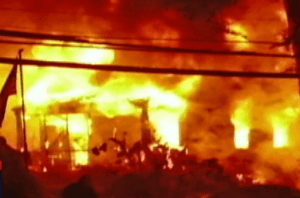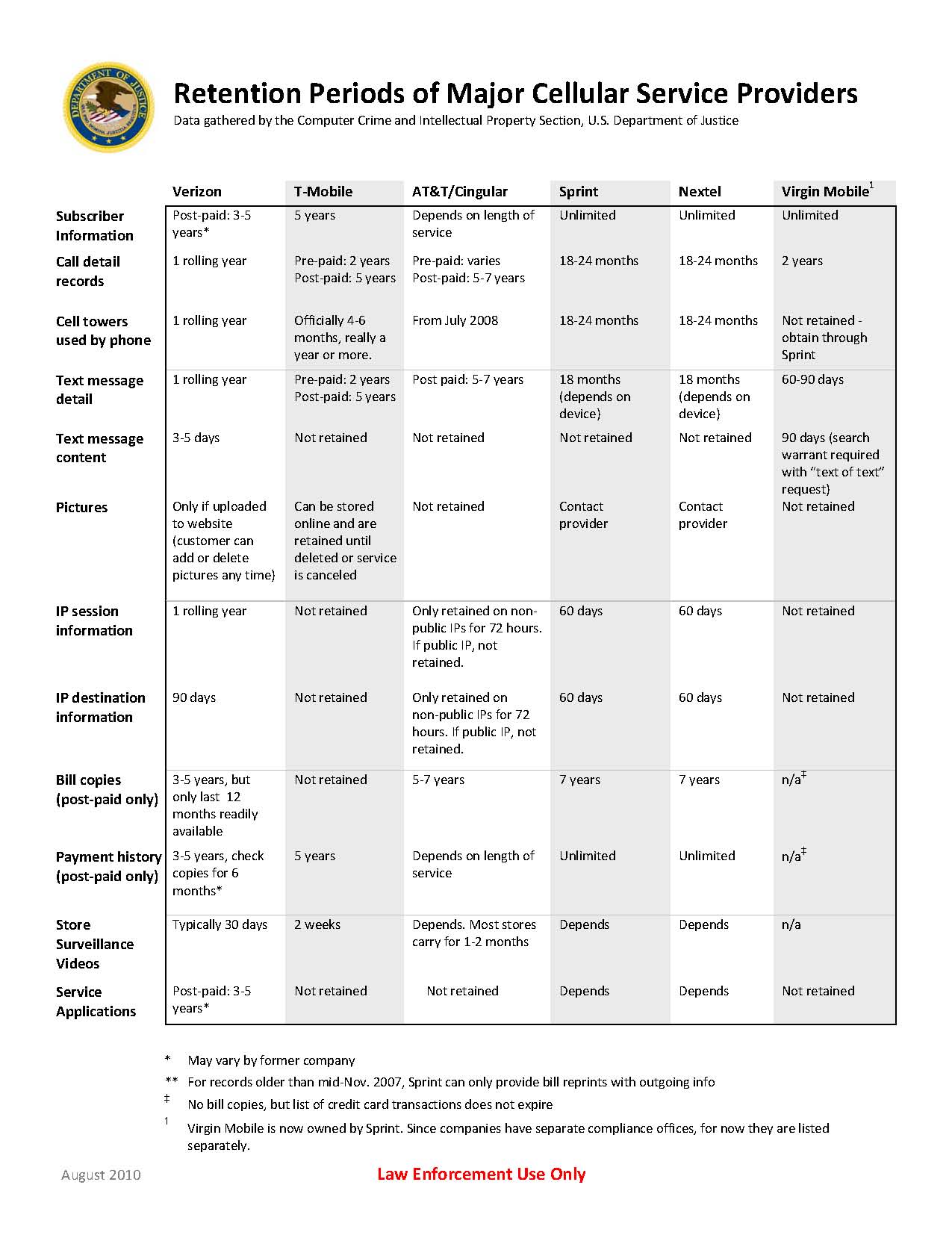The California Public Utilities Commission’s Consumer Protection and Safety Division is recommending $99 million in fines against the local power utility and several phone companies for overloading power poles with cables which toppled and started a major wildfire in Malibu Canyon in 2007.
Even worse, the PUC alleges, the power company lied to investigators and destroyed evidence to cover up the cause of the blaze, which burned more than a dozen structures to the ground and destroyed dozens of vehicles.
Named in addition to Southern California Edison are phone companies: Verizon Wireless, AT&T, Sprint, and NextC Networks of California. All are being blamed for loading up phone poles with excessive wiring for both traditional utility service and backhaul wired connections to serve area cell towers. The bulk of the proposed fine is likely to be lodged against Edison because of the evidence tampering allegations, but phone companies are also deemed liable.
At issue are the annual bouts of Santa Ana winds which can create gusts up to 80mph or higher. Most utility poles were designed to support a load of a few power cables, landline phone service, and cable television lines. But in many parts of canyon country, wireless phone companies rely heavily on utility poles to connect to their network of cell towers which are strategically located on ridges and mountains to serve populated valley regions below. While some cell phone companies now rely on fiber connections, many also still utilize a series of copper wire circuits to provide sufficient wireless capacity. In some cases, companies may hang several cables to meet bandwidth needs. The more cables, the more susceptible poles become to wind loads, which can literally snap poles in half or force them out of the ground in high wind gusts.
When electric lines topple, they can start fires that quickly grow out of control in remote areas.
Downed power lines are blamed for a number of wildfires in California, including the 2008 Sesnon fire in the San Fernando Valley. Fire investigators and local officials have pressured utility companies to mitigate the hazards from downed power lines by keeping excess cables and equipment off the poles.
Hans Laetz, a Malibu resident who has lived with what he calls “spindly-looking utility poles” for more than a decade was not surprised when life-threatening wildfires were blamed on downed lines.
“My family and my neighbors in Malibu are being placed at risk,” Laetz told the Los Angeles Times. “I drove under those poles on Malibu Canyon Road for 10 years, and I thought one of these days, one of those poles was going to fall. You could tell this was a disaster waiting to happen…. And then it happened.”
Edison denied the allegations it mislead investigators and called the proposed fine “excessive.”


 Subscribe
Subscribe







